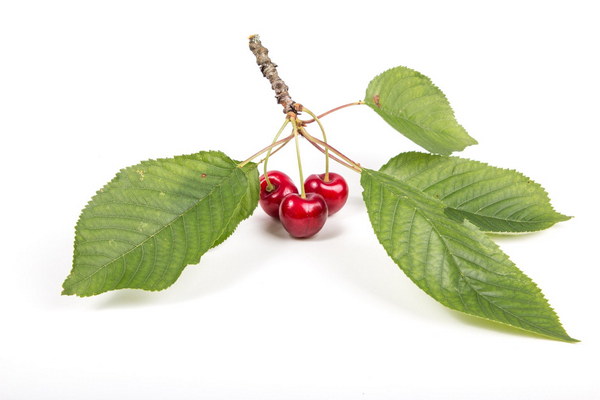Unwind and Revitalize Discover the Healing Power of Herbs in a Soothing Bath
In today's fast-paced world, finding a moment of relaxation and rejuvenation is more important than ever. One of the most effective ways to achieve this is through a soothing bath, where you can immerse yourself in warm water and let the healing properties of herbs work their magic. In this article, we will explore the benefits of various herbs that can be used to create a bath that not only relaxes your body but also nurtures your soul.
1. Lavender
Renowned for its calming properties, lavender is a must-have herb for anyone seeking relaxation. The essential oil of lavender can help alleviate stress, anxiety, and insomnia. When added to a bath, it creates a serene atmosphere that promotes tranquility and improves sleep quality.
2. Epsom Salts
Epsom salts, also known as magnesium sulfate, are a natural remedy for muscle pain, stress, and tension. When dissolved in warm water, the magnesium in Epsom salts is absorbed through the skin, providing relief from sore muscles and reducing stress levels.
3. Chamomile
Chamomile is another herb known for its calming effects. This flower contains bisabolol, a compound that has anti-inflammatory properties and can help alleviate skin irritations. A chamomile-infused bath can soothe the mind, ease anxiety, and improve sleep.
4. Rosemary

Rosemary is a stimulating herb that can boost your mood and increase mental alertness. The essential oil of rosemary can be added to a bath to help alleviate fatigue, improve memory, and enhance concentration. This herb is perfect for those who need a pick-me-up after a long day.
5. Peppermint
Peppermint is a refreshing herb that can help soothe sore muscles, relieve headaches, and improve circulation. The menthol in peppermint oil can provide a tingling sensation that promotes relaxation and reduces stress. A peppermint bath is ideal for those who need a burst of energy after a workout or a long day.
6. Aloe Vera
Aloe vera is a versatile herb that can be used to soothe and hydrate your skin. Its anti-inflammatory properties make it a great choice for those with sensitive or irritated skin. Adding aloe vera to your bath can help reduce redness, inflammation, and itching.
7. Cinnamon
Cinnamon is a warming herb that can improve circulation and promote relaxation. Its essential oil can be added to a bath to help relieve muscle tension, reduce stress, and improve sleep. Additionally, cinnamon has anti-inflammatory properties that can help alleviate pain and inflammation.
8. Calendula
Calendula is an herbal flower that has been used for centuries to treat skin conditions such as eczema, psoriasis, and acne. Its anti-inflammatory and antimicrobial properties make it an excellent choice for those with sensitive skin. A calendula-infused bath can help soothe and heal your skin, leaving it feeling soft and smooth.
To create a healing bath using these herbs, simply add a few tablespoons of dried herbs or a few drops of essential oil to a warm bath. Allow the water to steep for a few minutes before stepping in. Remember to use caution when adding essential oils, as some may cause irritation or allergic reactions when used undiluted.
Incorporating herbs into your bath routine can provide numerous benefits, from relaxation and stress relief to improved skin health and muscle recovery. So, take a moment to unwind and revitalize with the healing power of herbs in a soothing bath.









